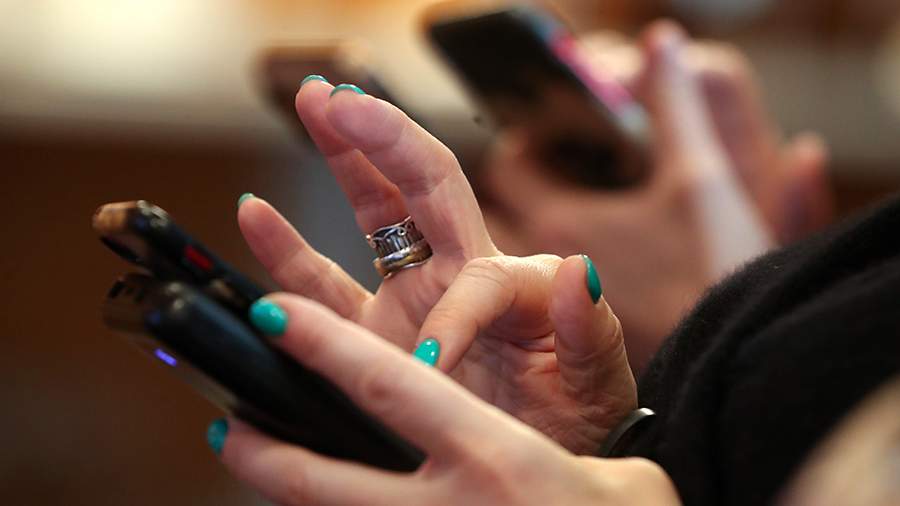The psychologist spoke about the impact of social media on mental health
The occurrence of depression can be influenced by the use of social media. Psychologist Galina Gubanova told Izvestia on April 3 how virtual life affects mental health.
"People with high self-esteem and perfectionism are at risk. The desire to become better is motivation, but with perfectionism, the perception of success is polar: "all or nothing." The bar is high, the logic is, "If I couldn't, then I'm worthless." A person compares himself with the incredible successes of popular bloggers, social networks become a funnel into which all achievements fall," she said.
According to her, a painful story for many is comparing themselves to "perfect" images in the virtual world. A person experiences pain, envy and bitterness, surrounds himself with such content, reinforcing negative thoughts. At the same time, for some people, the main task is to show their successful life so that everyone can see it. Being passionate about the "best version of yourself" can lead to negative consequences.
At the same time, the psychologist clarified that for some users, online life is becoming more important than the real world.
"The more we immerse ourselves in social media, the less we care about what's going on around us. The priority is responding to messages and worrying about why we are not in the photos. In the virtual world, we replace real emotions with "cheap dopamine," and the illusion of someone else's life exacerbates the feeling of isolation," she explained.
The expert added that immersion in social networks detaches a person from reality, however, in the virtual world he does not feel full-fledged. The increase in depression is associated with less emotional connections online, which makes them fragile. However, for people who are cut off from society due to circumstances, such as during the pandemic, the Internet and social media communication give them a sense of engagement, helping them cope with loneliness.
"Immersion in social media replaces real activity for young people, gaining knowledge and developing talents, joy and satisfaction from their own results, strengthening self-confidence. Watching someone else's life does not bring the satisfaction comparable to learning a new instrument or performing a trick on a skateboard. Entertaining rils causes a short—term intake of dopamine, addiction occurs, but satisfaction does not occur, which can lead to depression," Gubanova said.
In addition, the psychologist spoke about doomscrolling — uncontrolled and prolonged reading of a tape with bad news, causing stress and plunging into anxiety. People with increased anxiety often fall into this vortex, creating the illusion of control over the situation, but actually increasing anxiety.
The expert recommended that people with depression take the Beck Depression Scale questionnaire to sort themselves out.
"Limit the time you spend on social media. Set an alarm clock and record the time spent online. It may be difficult for you at first, but over time you will be able to force yourself to put down your phone," she recommended.
You should also switch to other activities. In case of serious problems, you should consult a doctor to diagnose a depressive disorder.
Earlier, on March 31, it was reported that more than half of Russians feel signs of burnout or depression at work (56%). This is stated in the results of a survey of analysts of the Kontur communications service.A lot of sense." At the same time, 20% of respondents think that a psychologist could help them cope with a difficult moral state, and another 5% are already working out their problems with a specialist.
Переведено сервисом «Яндекс Переводчик»


